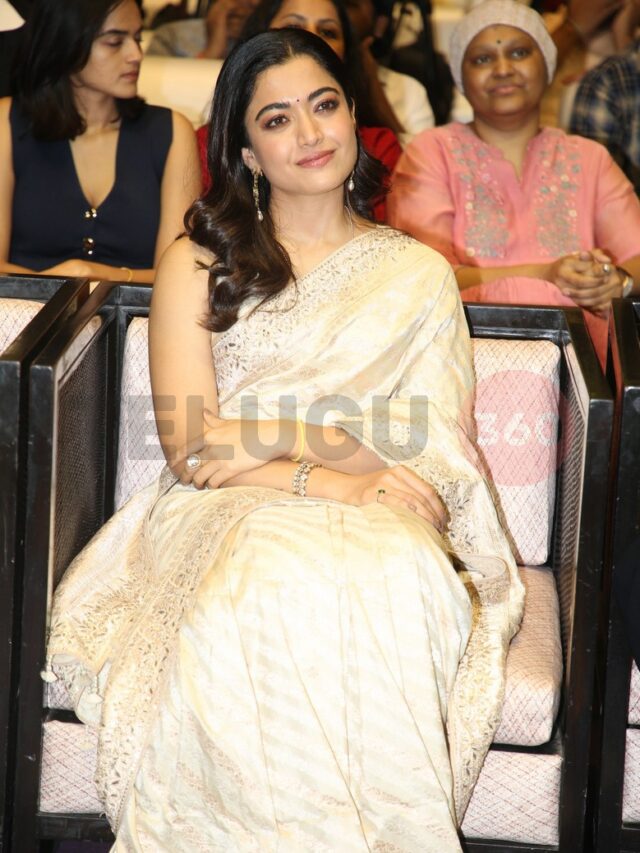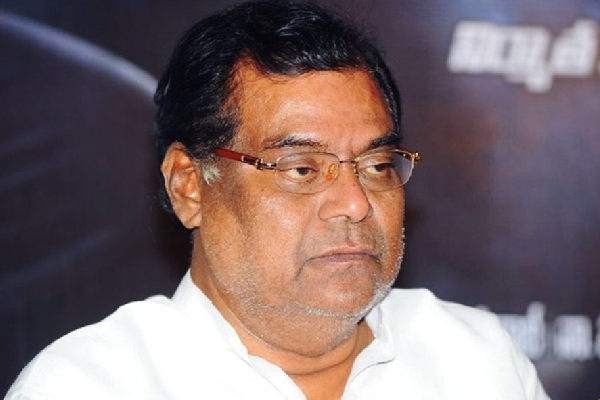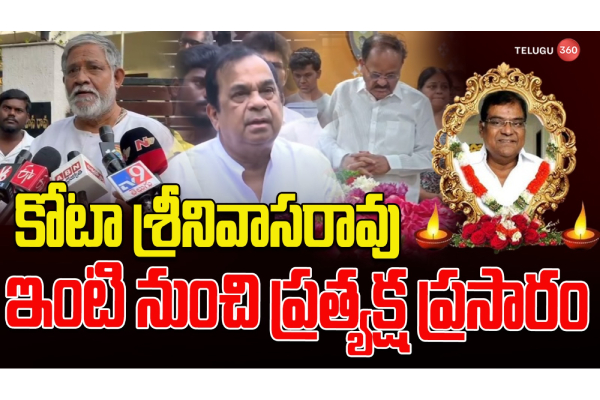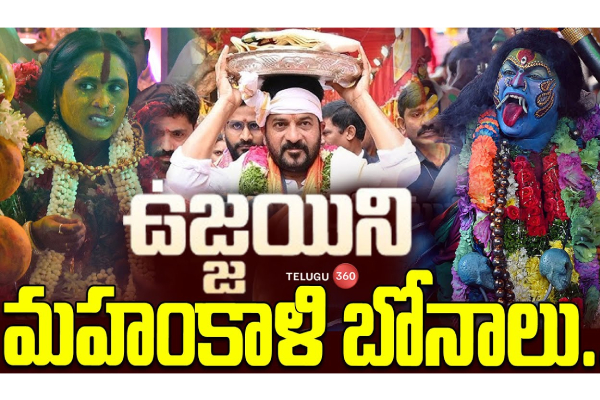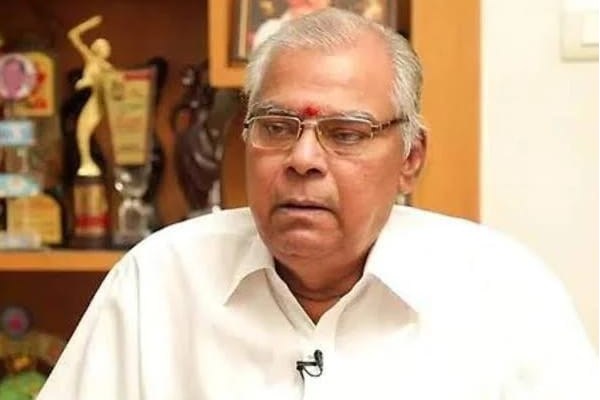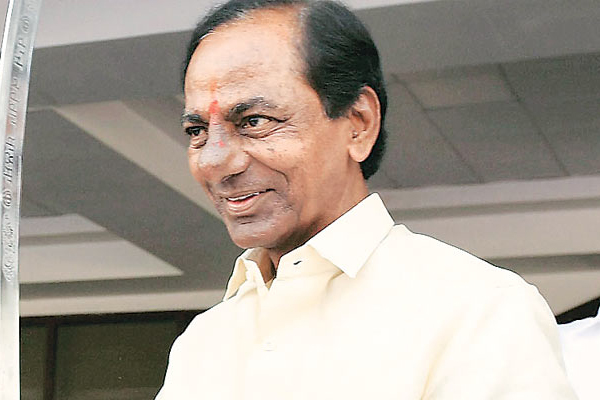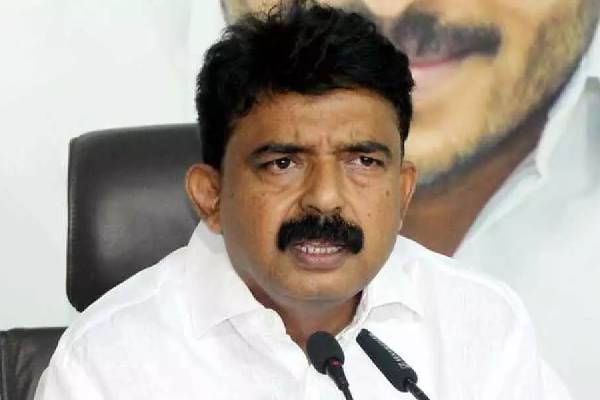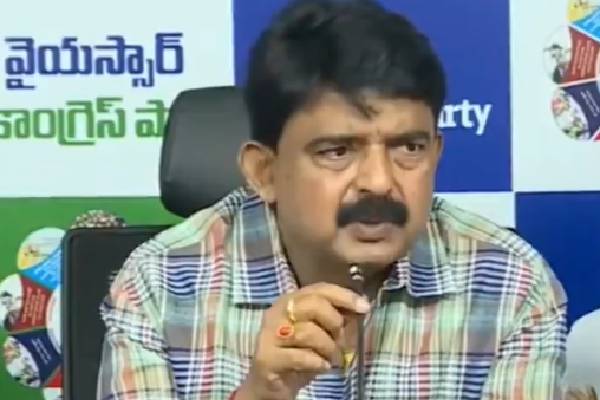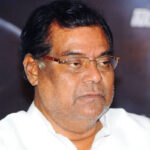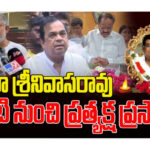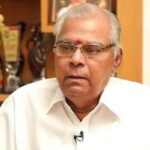
KCR is yet again pitching for a federal front comprising of non-congress, non-BJP parties in the run up to 2019 elections. He began hectic parleys with leaders of several regional and smaller parties to garner support for his idea of such a federal front.
There is always a space for an alternative to the Congress and BJP in Indian political space given the fact that the two national parties have been getting around fifty percent of votes and seats. Thus ,half of India’s political spectrum is filled with smaller and regional parties. In fact both the BJP and Congress are junior partners to their regional allies in many states like Tamil Nadu, Bihar, Uttar Pradesh, Punjab etc,. In fact both congress and BJP have little or no stakes in states like Andhra Pradesh, Tamil Nadu.
However, the idea of such a federal front is beset with several problems like the lack of a cohesive leadership and concrete agenda, and the vacillating character of these regional parties. Meanwhile, sceptics see a political strategy in KCR’s newfound enthusiasm to rally non-Congress, non-BJP parties, given the fact that he has been avidly supporting the Modi dispensation all these years.
In 2009, the Congress fared well, while the BJP performed well in 2014, suggesting a revival of national parties. Yet, regional and smaller parties still hold sway in large parts of India.
Several questions still remain on the feasibility of such an idea, given the experience of many such attempts in the past like United Front and National Front.
Regional parties could thrive in a national coalition only when there is a major national party heading such a coalition. The experience of the UPA and the NDA are illustrations to offer. Otherwise, there should at least be a strong player within such an alternative front to anchor the coalition. The Left during its heyday could play this role. But with the massive erosion of the Left’s political clout and electoral strength, they can no longer inspire the formation of any such alternate alliance at the national level. Precisely for this reason the left is not enthusiastic for any such united front or national front like experiments which they avidly promoted in 1980s and 1990s.
Meanwhile, regional parties always displayed a pusillanimous character and tended to vacillate between either of the national parties. The TRS, the Dravidian parties, RJD, TMC, SP, BSP, TDP, etc. were either part of the UPA or NDA or even the both the alliances at different points of time in India’s contemporary political history. They displayed a similar lack of consistency in taking positions concerning these national parties. For instance, even KCR zealously supported the Modi dispensation’s controversial policies like demonetisation and GST.
The so-called federal front has a plethora of leaders, each nursing prime ministerial ambitions. The elevation of leaders like Deve Gowda and IK Gujral to the highest executive office in Indian democracy, despite a minimal presence of their party, further rationalises the ambitions of these regional satraps.
Besides, many of the regional parties which could constitute a federal front are contenders for power in their respective states. For instance, the TDP and YSR Congress compete for power in Andhra Pradesh, relegating both the national parties to the backseat. Similarly, the AIADMK, DMK and the new entrants in Tamil politics compete with each other at the state level for political space. Thus, these parties cannot be together in any national coalition. One of them can join such a coalition, with the other party shifting towards one or the other national party, depending upon the local political context and the national political arithmetic.
The abortive experiments of the United Front and National Front stand testimony to all the weaknesses discussed above.
Nevertheless, strong federal aspirations can bring them together. But many regional parties surrendered their tax autonomy to arrive at a consensus on GST. This indicates the Centre’s capacity to manoeuvre vis a vis these regional political formations. Yet, radically restructuring Centre-state relations, especially fiscal federalism, remains a strong point of unity among regional parties. In fact, KCR was shrewd enough to raise such federal concerns as a justification for launching such a third front. He argued that the Centre’s role should be confined only to external affairs, defence, national highways etc. Such voices of dissent are nothing new. Political parties like the Shiromani Akali Dal and Telugu Desam have earlier evinced such strong sentiments in the past, only to reconcile with the truncated federal polity of India.
KCR perceives Modi’s popularity sliding across the nation. The results of assembly elections in three states stand testimony to the declining influence of Modi and BJP. Thus the ascent of the Congress would harm TRS in state politics , as the former is its principal adversary. The state Congress is already running a campaign claiming that the TRS is an extension of the BJP. The TRS chief may be eager to shed the negative image of being a non-NDA ally of BJP especially at a time when 2019 Lok Sabha polls would be fought around Modi narrative. Pitching himself firmly in the national political context would help him to successfully challenge the Congress in the state.
Speculation is rife in the political circle that the TRS is acting at the behest of the Modi-Shah duo. The BJP is concerned about its electoral reverses in the recent Assembly elections in Rajasthan, Madhya Pradesh and Chhattisgarh. The BJP’s tally has been significantly contained in Gujarat too, though the saffron brigade retained power.
Such gains for the Congress could result in regional parties gravitating towards the Congress. The BJP, in a bid to thwart this possibility, is allegedly operating through parties like the TRS. It is extremely difficult to either validate or reject such formulations.
However, only the post 2019 actions of KCR and other regional parties can provide any conclusive understanding of the purpose and intent of the federal front.
( Prof.K. Nageshwar is India’s noted political analyst. He is a former member of the Telangana Legislative Council and professor in the Department of Communication & Journalism, Osmania University, Hyderabad, India )




















